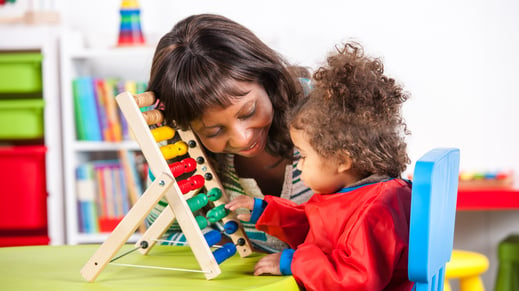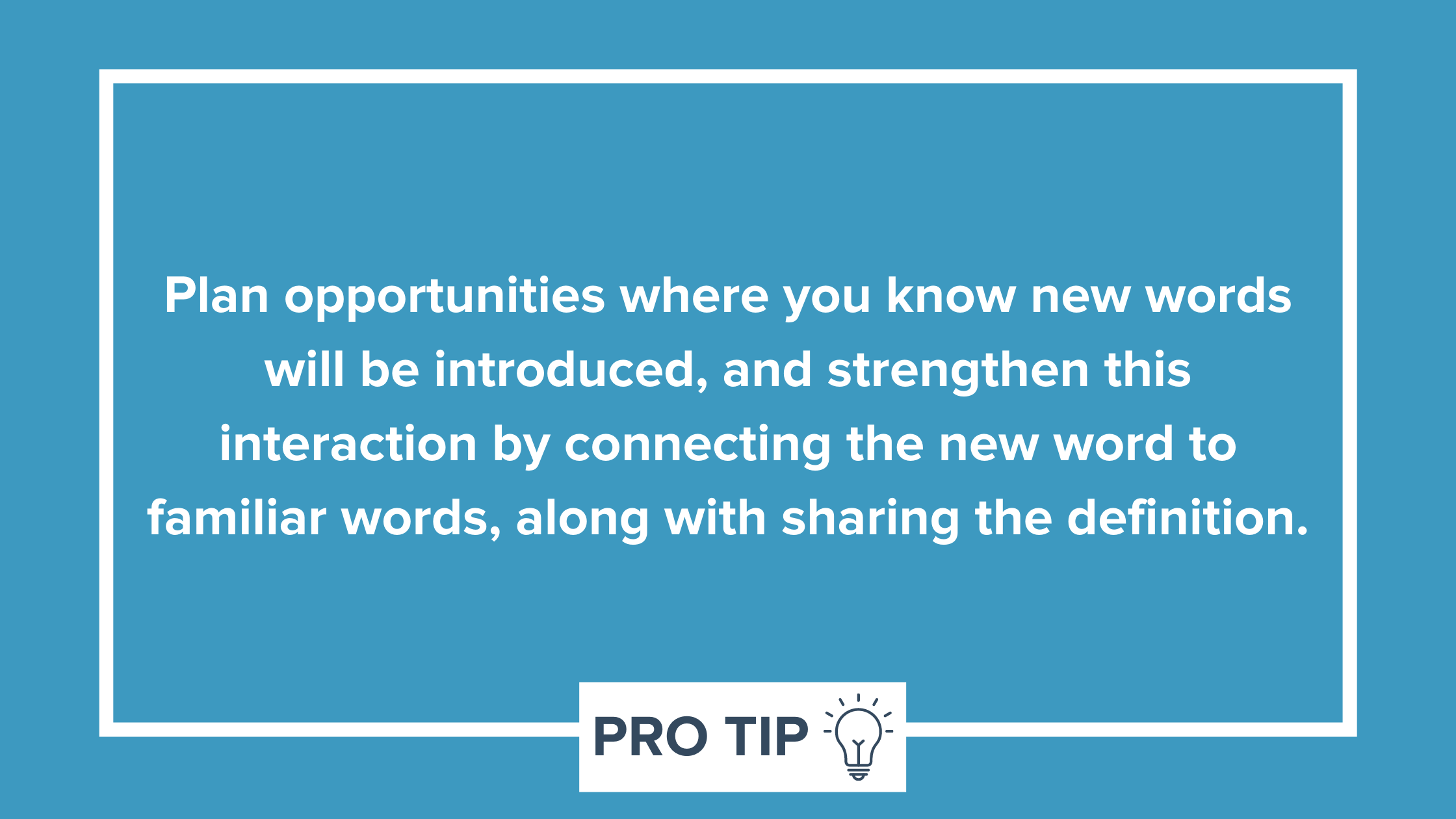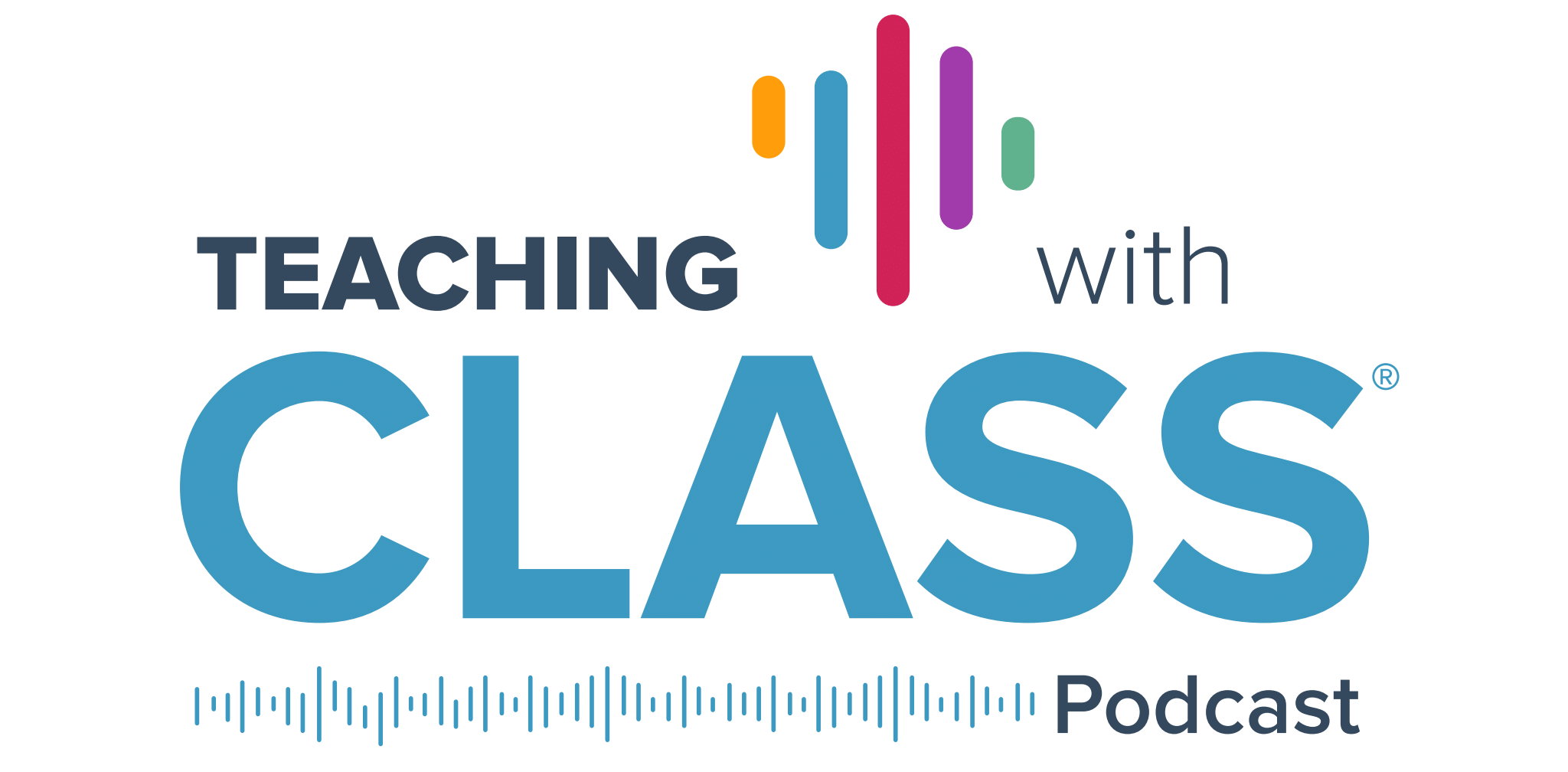
When I was a teacher, I can remember taking care to intentionally plan differentiated, or individualized, instruction. And, when I was teaching pre-K I added the same level of intentionality to which materials were available in interest areas, and how I approached transitions throughout the day.
While any level of intentionally, specifically in relation to planning, is important -- I missed a critical opportunity in being more intentional in my interactions with the children in my class.
A Missed Opportunity
When planned carefully, an interaction can change the course of a child’s day. Those little moments between a teacher and child can be the link to help a student grasp a new skill and can serve as the foundation for their budding relationship. We know from research that the daily interactions teachers have with children have been a key factor proven to drive children’s academic and life-long success.
I wish I had focused more on intentionally planning those interactions. There were opportunities I could have easily planned for, like how I greeted a child in the morning, how I spent time with children whose bus arrived last at dismissal, and all the moments in-between.
Below are the steps you can take to drive more intentional interactions throughout your day.
4 Strategies to Help Drive Intentional Interactions

Leverage Daily Routines
In your daily plans, leave a spot to jot down an intentional interaction you can have with the children during that time.
Let’s start with daily read-alouds. During this time, consider offering opportunities for children to choose the book, or use their interests to inform your selection. This simple strategy shows Awareness and Regard for Students' Perspectives. Plan for ways during the read-aloud to connect the book to children’s lives, the world around them, and previous learning experiences. This small, yet intentional interaction supports Connection and Integration, which are key elements to support children’s cognitive development.
If you’d like even more strategies to strengthen literacy experiences through the power of interactions, check out the CLASS® Literacy Support Kit.
Focus on New Vocabulary
Finding new words is a simple, yet effective way to meaningfully interact with children.
When you can introduce or define a new vocabulary word, it becomes an opportunity to use effective Language Modeling strategies. Plan opportunities where you know new words will be introduced, and strengthen this interaction by connecting the new word to familiar words, along with sharing the definition. And, you can extend this learning by providing opportunities for children to practice using the new word within the right contexts.
Language Modeling is just one strategy that supports children’s ability to think critically. For even more strategies, check out the CLASS® Instructional Support Kit.

Plan Opportunities for One-on-One Time
Look for the moments where you often get one-on-one time with a child. Identify these recurring moments and begin to plan for these each day.
Once identified, use that time strategically to strengthen your relationship. Think about how you can engage with them in ways that show respect for who they are as an individual. Is there a game they love that you can play? Did they have a big event outside of school that you can ask them about? These interactions help to drive your relationship with the child forward, and these relationships are the foundation to an overall Positive Climate in your classroom.
For even more strategies to increase children’s social-emotional development, check out the CLASS® Emotional Support Kit.
Stay Present in the Moment
The beauty of interactions is that they are natural! We can intentionally plan for key interactions throughout the day. But, one of the best ways to build stronger relationships is by simply staying present in the moment.
As you go throughout the day, find moments to pause and reflect on what is occurring around you — staying present can help you see more opportunities to meaningfully interact with the children in your classroom.
Want even more tips to help you make the most of your daily interactions.
In addition to the CLASS® Support Kits and Workshops, we’re proud to offer our Teaching with CLASS Podcast. A podcast designed to help teachers to always keep learning through sharing tactical strategies that can be used right away in the classroom.

